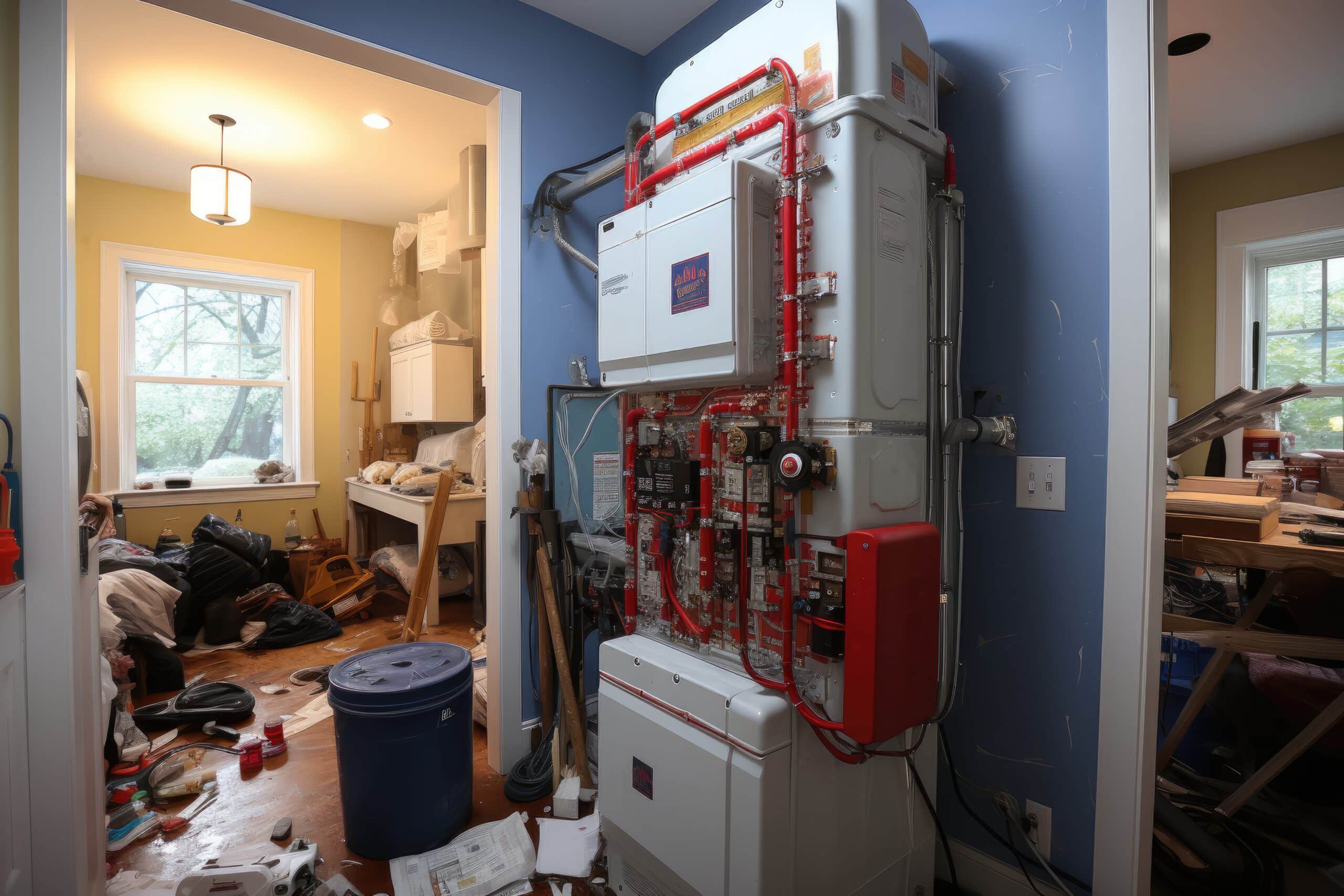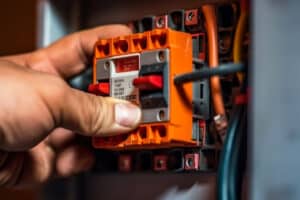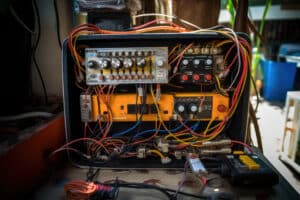How do you determine the right size generator for your home?
Key Takeaways
- Choosing the right size generator for your home is crucial for sufficient power backup during outages.
- Generac Power Systems offers a Home Standby Sizing Calculator to help determine the appropriate generator size for your home.
- Considerations for choosing the right size generator include power needs of your home, frequency of power outages, and wattage requirements of appliances and devices.
Choosing the right size generator for your home is crucial to ensure you have sufficient power backup during outages. Factors such as the power needs of your home, the frequency of power outages in your area, the wattage requirements of your appliances and devices, the fuel type and runtime of the generator, the availability of an automatic transfer switch, the durability of the generator, the noise level it produces, and its reliability should all be considered when making this decision. Fortunately, there are tools and resources available to help you determine the appropriate size generator for your specific needs.
The Home Standby Sizing Calculator by Generac Power Systems
Generac Power Systems offers a Home Standby Sizing Calculator that can assist you in determining the right generator size for your home. This calculator takes into account the size of your home, your power needs, and other factors to provide you with personalized recommendations.
Using the Home Standby Sizing Calculator
To use the Home Standby Sizing Calculator, you will need to enter your home’s postal code and size. The calculator will then prompt you to select your power needs from a list of appliances and devices commonly found in homes. These may include refrigerators, air conditioners, sump pumps, lights, televisions, and more. By selecting the appropriate items and specifying their quantities, the calculator will generate a list of three potential generator options for your home.
Each generator option will come with estimated installation costs and financing options, providing you with a comprehensive overview of the investment required to ensure backup power for your home. The calculator takes into consideration the specific power requirements of your selected appliances and devices, ensuring that the generator you choose will be capable of meeting your needs.
Considerations for Choosing the Right Size Generator
While the Home Standby Sizing Calculator can be a valuable tool, it’s important to understand the factors that contribute to the determination of the right generator size. Here are some key considerations:
Power Needs of Your Home
The first step in determining the right generator size is to calculate your home’s power needs. Consider the appliances and devices that are essential for your daily activities and comfort. Make a list of these items and note their power requirements in watts. Add up the wattage to determine the total power needs of your home.
Frequency of Power Outages
If your area experiences frequent power outages, you may want to consider a larger generator to ensure you have enough power to sustain your needs during extended periods without electricity. However, if power outages are rare and short-lived in your area, a smaller generator may be sufficient.
Wattage Requirements of Appliances and Devices
It’s important to know the wattage requirements of your appliances and devices to determine the right generator size. Most appliances and devices have their wattage listed on a label or in the owner’s manual. Make a note of the wattage for each item on your list to calculate the total power requirements.
Fuel Type and Runtime
Consider the fuel type and runtime of the generator. Gasoline, propane, and diesel are common fuel options for generators. Each fuel type has its advantages and limitations. Determine the availability and cost of the fuel type you prefer, and also assess the runtime of the generator on a full tank of fuel. This will help you estimate how long the generator will run before needing refueling.
Automatic Transfer Switch
An automatic transfer switch is a device that automatically switches your home’s power source from the grid to the generator during an outage. It provides seamless power transfer and eliminates the need for manual intervention. Consider whether you want to invest in an automatic transfer switch and ensure that your chosen generator is compatible with this device.
Durability, Noise Level, and Reliability
When choosing a generator, it’s important to consider factors such as durability, noise level, and reliability. Look for generators that are built to withstand harsh weather conditions and have a solid reputation for reliability. Additionally, if noise is a concern for you, select a generator with a low noise level to minimize disruptions.
Conclusion
Choosing the right size generator for your home is essential to ensure you have sufficient power backup during outages. The Home Standby Sizing Calculator offered by Generac Power Systems can assist you in determining the appropriate generator size based on the power needs of your home, your location, and other factors. Additionally, considering factors such as the frequency of power outages, the wattage requirements of your appliances and devices, the fuel type and runtime, the availability of an automatic transfer switch, and the durability, noise level, and reliability of the generator are important when making this decision.
Related Websites:
FAQs:
Q: Why are home generators important?
Home generators are important because they provide backup power during emergencies or power outages. They ensure that essential appliances and electrical systems keep running, offering peace of mind and convenience.
Q: How do I determine the right size generator for my home?
To determine the right size generator, you need to understand your power requirements. Create a comprehensive list of essential appliances and electrical systems, calculate their power load, and consider both continuous and peak power demands. Consulting with a professional or electrician can provide accurate calculations and recommendations.
Q: What is the difference between starting watts and running watts?
Starting watts refer to the power needed during the initial startup of certain appliances, while running watts indicate the power required to keep them running continuously. Both starting watts and running watts are important factors to consider when sizing a generator.
Q: What factors should I consider when selecting a generator size?
When selecting a generator size, consider factors such as motor efficiency, power factor, altitude, future power needs, and potential expansion. It’s also essential to consider your budget, energy requirements, and the level of convenience desired.
Q: What are the different generator size options available?
There are different generator sizes available in the market, including portable generators, standby generators, and whole-house generators. Portable generators offer flexibility, standby generators provide automatic backup power, and whole-house generators can power your entire home. Consider your specific needs and preferences when choosing a generator size.






